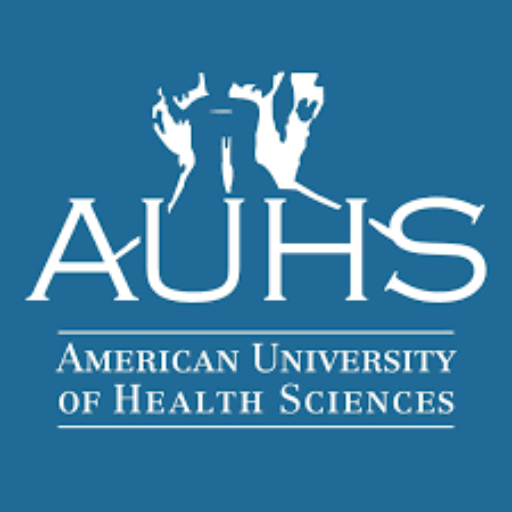CURRICULAR PHILOSOPHY OF THE SCHOOL OF PHARMACY
The PharmD Program aims to graduate culturally competent practitioners, researchers, and educators who will increase diversity within the healthcare professions by overcoming health disparities and improve the health care of the underserved. The PharmD Program faculty recognize that contemporary pharmacy students not only require specialized knowledge and discipline-specific skills but also sustainable skills medication therapy management to keep pace in an increasingly competitive and global society.
The PharmD curriculum equips students with critical thinking, problem-solving, opportunities to collaborate across disciplines, and to demonstrate leadership through action and influence. The curriculum aims to foster advocacy, entrepreneurship, and self-awareness among our students. Our learning process is continuous, incremental, integrated, and aligned with University values. The process involves the student, faculty, preceptors, academic institution, and professional community. The curriculum introduces and synthesizes content in a progressive manner from foundational sciences to clinical sciences interwoven with applications from current practice.
Faculty are viewed as facilitators of learning, who serve as resources, share their content expertise in their area of specialization, and thus allowing intra- and inter-disciplinary instruction. These principles and values shape the curriculum which is designed in alignment with the University’s Institutional Learning Outcomes which are centered around five core guiding pillars:
- Performance. (Academic Excellence/ Research/ Scholarship). Students will demonstrate academic, practical, social, and philosophical knowledge of their profession/career pathway.
- Cultural Competence (Diversity). Students will deliver culturally competent, sensitive care that is evidence-based in the appropriate health career service area.
- Critical Thinking (Academic Preparation or Excellence/ Education). Students will apply critical thinking as the theoretical and scientific underpinnings to the appropriate health career profession to build a solid foundation to drive the profession forward.
- Social Responsibility (Service). Students will develop social and personal responsibility for ongoing professional growth and development including higher education in the appropriate health career profession.
- Christian Values. Students will be able to affect positive patient outcomes by sharing their Christian Values of love, caring, justice and respect, as an advocate patient needs and rights.
